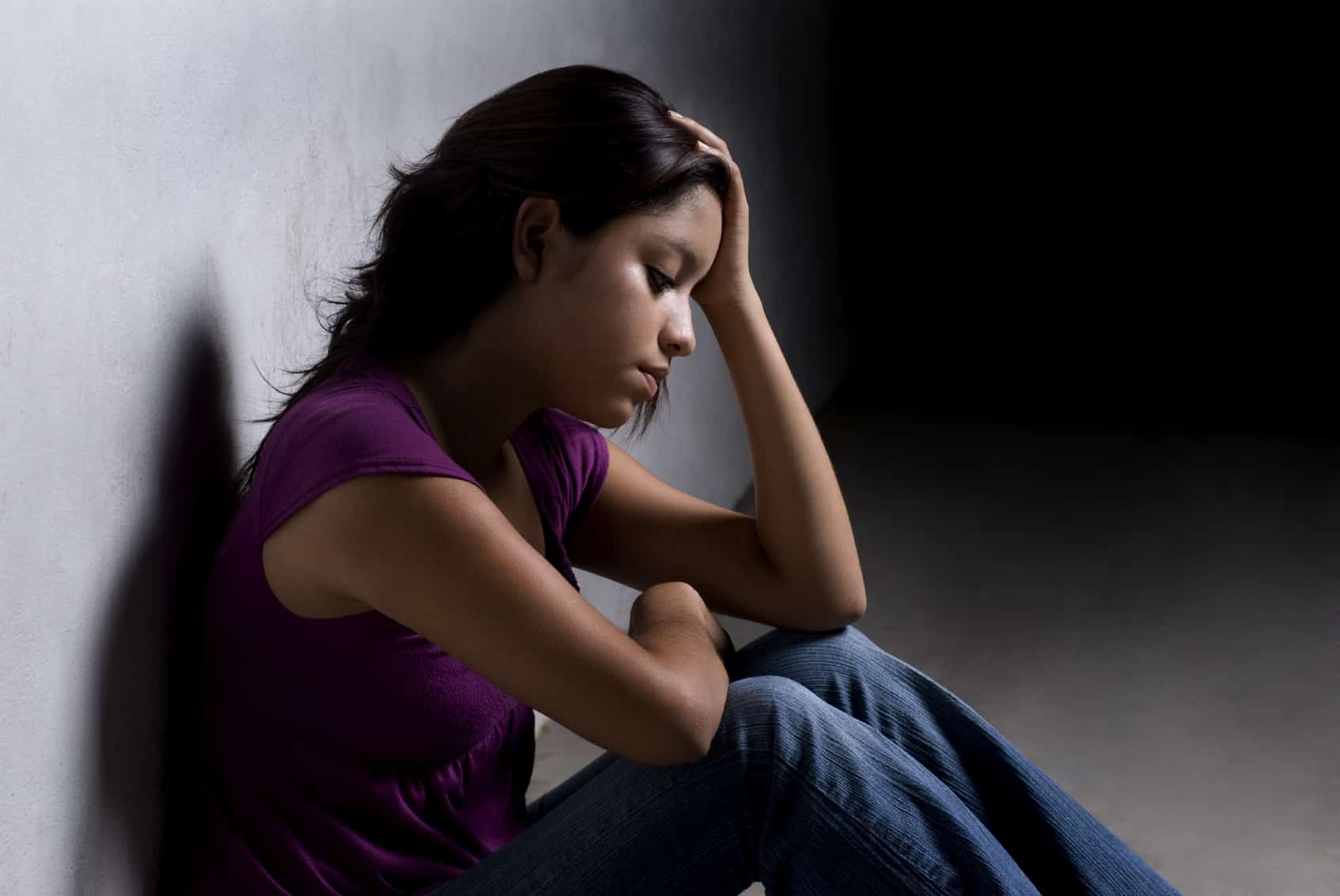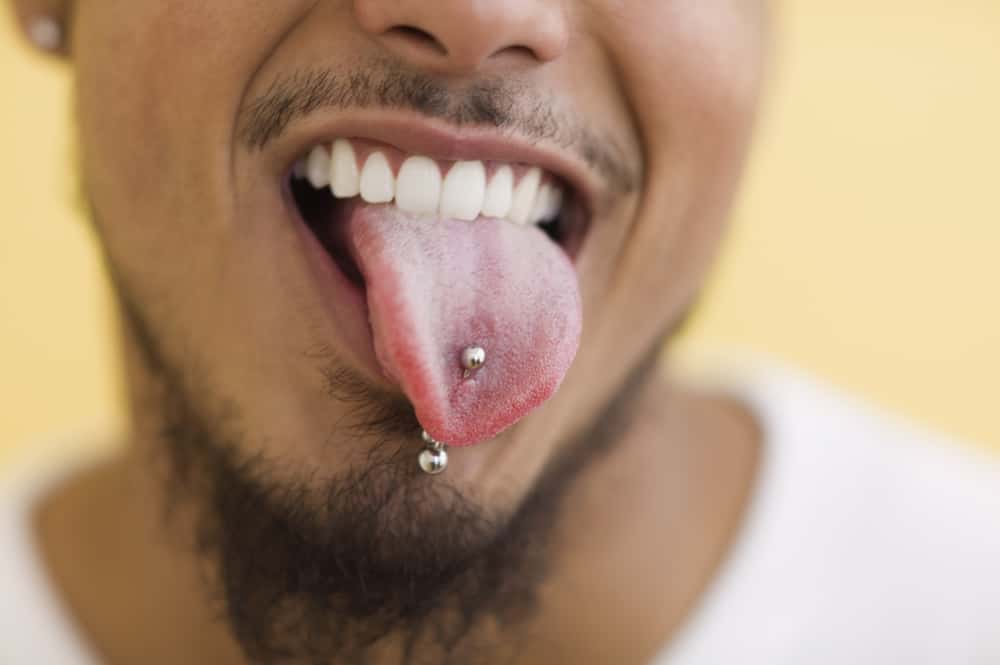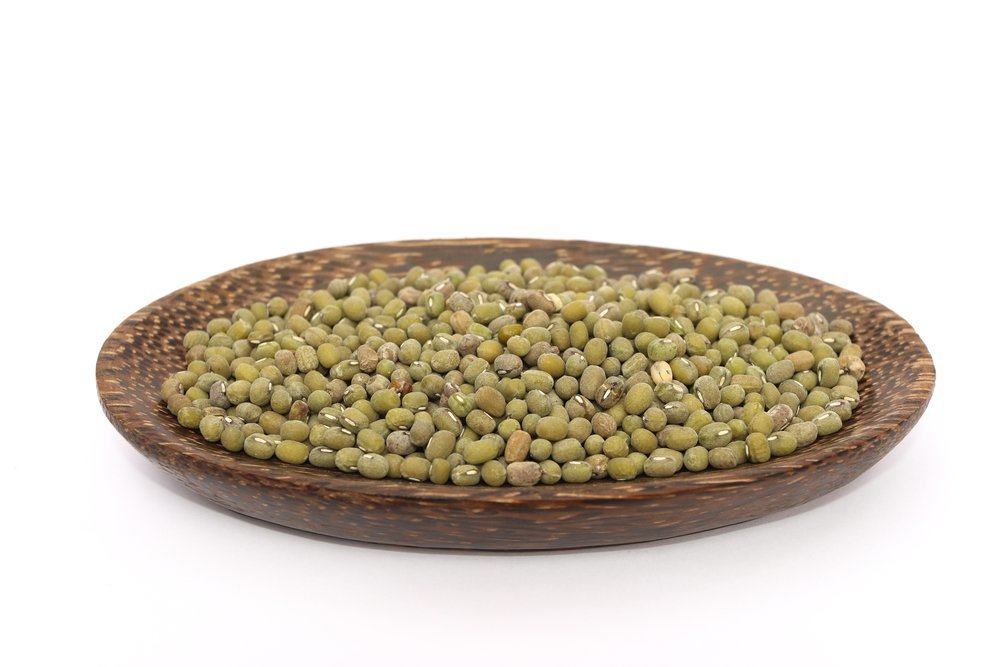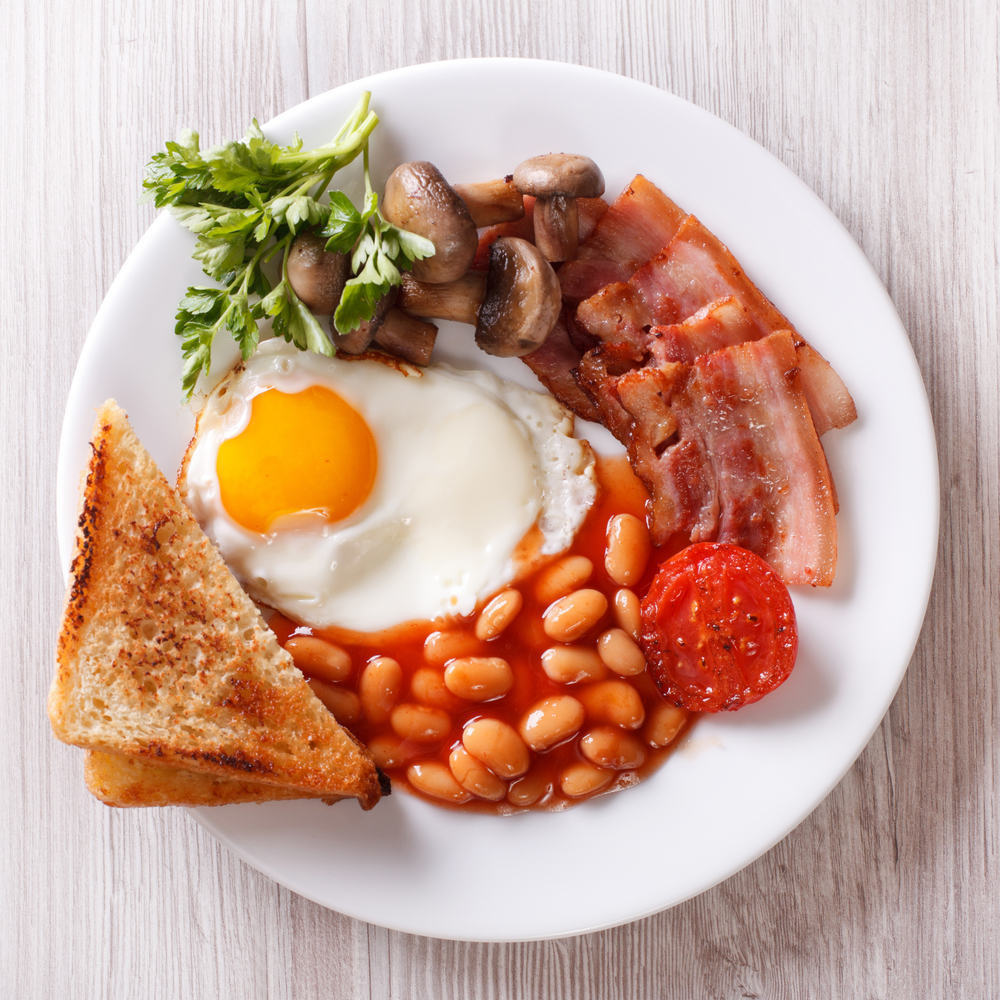Contents:
- Medical Video: Screening for STD’s
- What is PMS or premenstrual syndrome?
- What causes PMS?
- What should be done when PMS attacks?
Medical Video: Screening for STD’s
Menstruation often feels very troubling because most women are required to face PMS, abdominal cramps, or unstoppable headaches ahead of their menstrual period. This problem is actually common and there is no need to worry.
Below we summarize a number of interesting facts why this menstrual problem is common, and normal, and what signs and symptoms indicate that there are other problems.
What is PMS or premenstrual syndrome?
Pre-menstrual syndrome, or better known as PMS, is a term related to the physical and emotional symptoms experienced by many women, both adults and adolescents, before their menstrual period each month. When PMS, you will feel:
- Acne
- Feeling bloated or bloated
- Tired
- Back pain
- Pain in the breast
- Headache
- Constipation
- Diarrhea
- 'Cravings' food
- Depression or feeling sad
- Easy to get angry
- Mood changes
- Difficult to focus
- Vulnerable to stress
- Feeling tense
- Having trouble sleeping
PMS is usually experienced at worst 1-2 weeks before the menstrual period, and usually disappears by itself when menstruation begins.
What causes PMS?
Doctors cannot know the exact cause of PMS, but many believe that PMS is closely related to changes in hormone levels in the body. During menstruation, the amount of estrogen and progesterone (female sex hormones) will increase. A week before the menstrual period begins, the levels of both hormones begin to decline dramatically. This hormonal change is the root of the association with PMS.
It is still not known exactly why PMS is only experienced by some women, not as a whole. It is possible that groups of women who routinely experience PMS are actually more sensitive to hormonal changes that occur within themselves. Not only that. Some experts believe that what you eat can affect your feelings, especially for a few weeks before PMS.
Fortunately, PMS symptoms are easy to overcome. One of them is a good diet. Eat vegetables and fruits, and reduce fast food, such as fries and crackers. Also reduce salt intake in the body (salt can store water and make you feel bloated or bloated). And, drink lots of water.
Avoid caffeine, because caffeinated drinks will make you anxious and overly alert. Increase sleep and rest. Sufficient calcium intake and regular multivitamins can also help you deal with PMS. Don't forget to always exercise regularly and do stress-reducing exercises, such as meditation or yoga.
Painkillers, such as ibuprofen, can relieve back pain and headaches. However, for more serious cases of PMS, consult your doctor. He or she may prescribe special medications or birth control pills to help alleviate your complaints.
Tell your doctor immediately when you feel depressed or have suicidal thoughts or hurt yourself.
What should be done when PMS attacks?
Discuss with your doctor about concerns and questions about your body, especially if you are aware of differences in your menstrual cycle. Although most menstrual problems are not a big problem, it is always better to prevent than cure.
Contact a doctor, if:
- You feel depressed or lackluster, or think about hurting yourself. The worst effects of PMS can cause this problem, and you should get help immediately.
- You have not started the menstrual cycle when you are 15 years old. The doctor can examine you to find out the reason behind the delay in menstruation.
- Your menstrual cycle stops suddenly, or the period becomes irregular after several scheduled cycles. This indicates that you may have hormonal imbalances or problems with nutrient intake.
- Your menstrual period runs long, or there is heavy bleeding, in one cycle. Or, your period cycle appears less than 21 days each month. Large amounts of blood loss can cause anemia (low blood pressure) which makes you easily tired and lethargic.
- Your menstruation is always painful. Your doctor can help find out the reasons why your menstruation can be painful and deal with your complaints so that you can be more comfortable running your daily routine during menstruation.
Actually, painful or irregular periods are not things to worry about. But if something happens, the sooner you handle the problem, the faster it will be for you to feel better.












